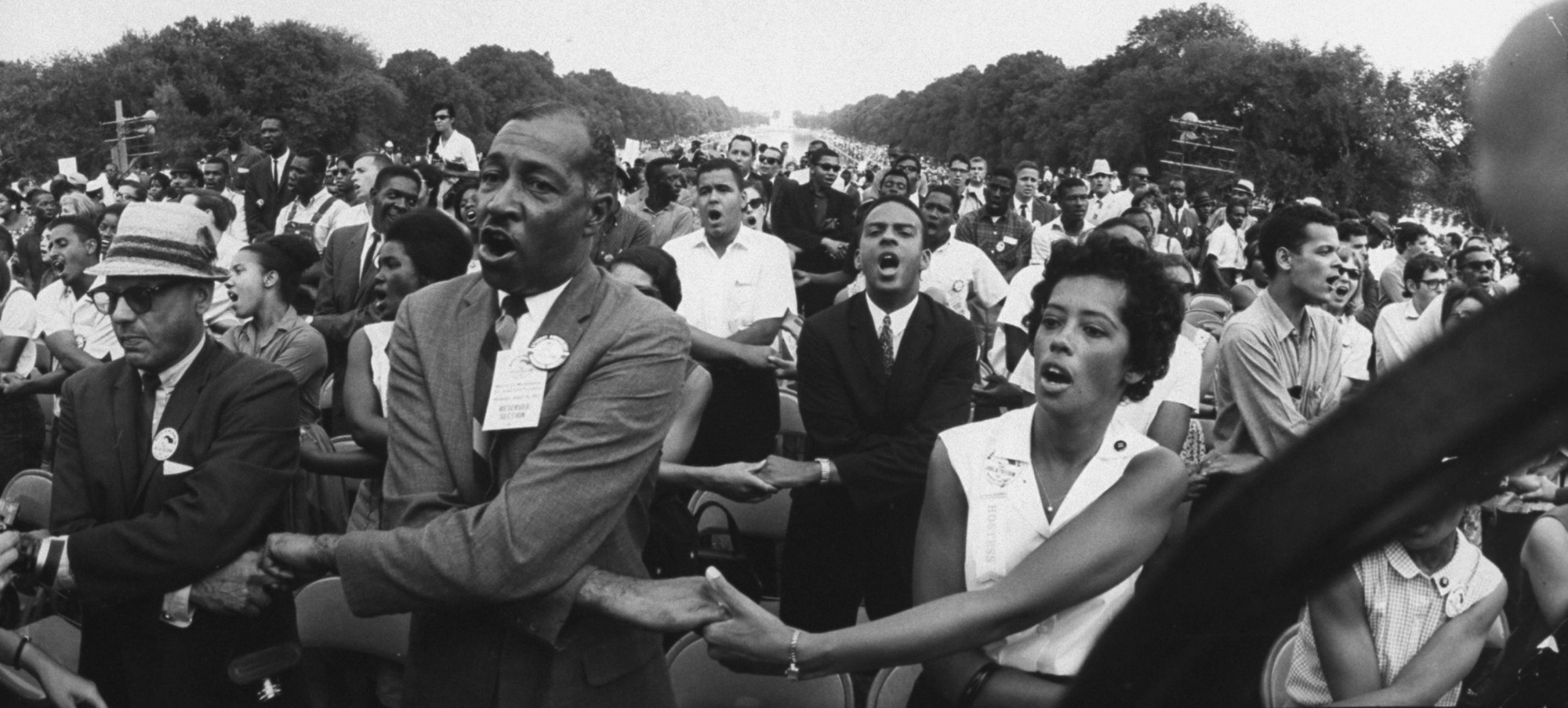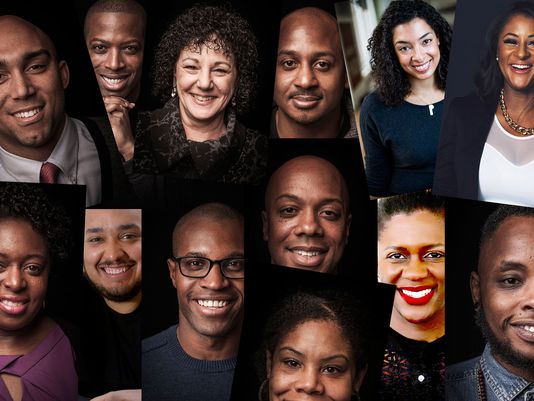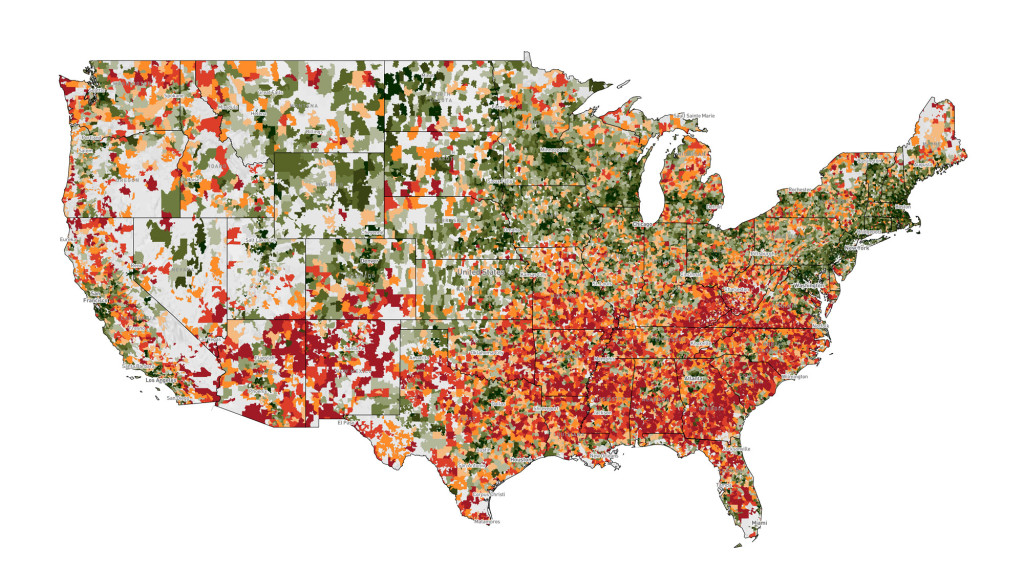Hip Hop Star/Entrepreneur Lupe Fiasco and Angel Investor/Google Waze Exec Di-Ann Eisnor’s Neighborhood Start Fund is a laudable initiative that embodies innovative approaches to help revitalize distressed communities through private investment and entrepreneurship. Admirably, despite the oft-expressed skepticism, Fiasco and Eisnor have a strong conviction – which we share – that, but for, the unique challenges talented would-be entrepreneurs in these communities face with regard to access to patient capital, networks, etc., they can build successful businesses that will have substantive and sustainable economic impact in their neighborhoods. Given the limited public funding available and the limitations of traditional philanthropy, there are strong prospects that Fiasco and Eisnor’s fund and other recent efforts to foster black entrepreneurship, many of which are largely powered by African Americans themselves, will help to transform our distressed communities over the next few years. The expected substantial growth of the burgeoning impact investing sector and public policy developments such as President Obama’s “Promise Zones” initiative and the bipartisan “Investing in Opportunity Act” recently introduced in Congress will further boost such prospects.



